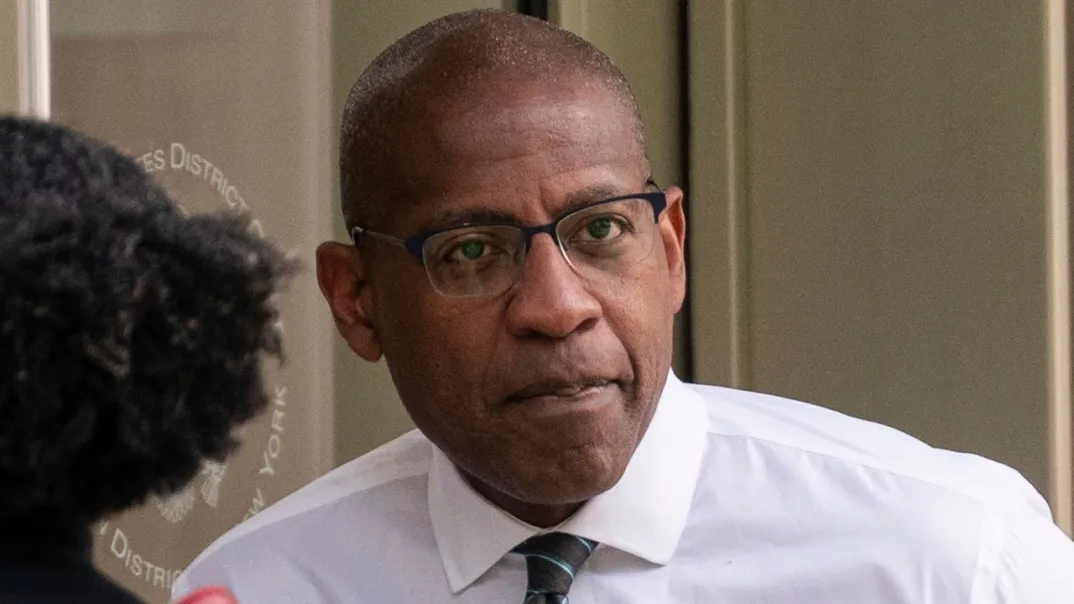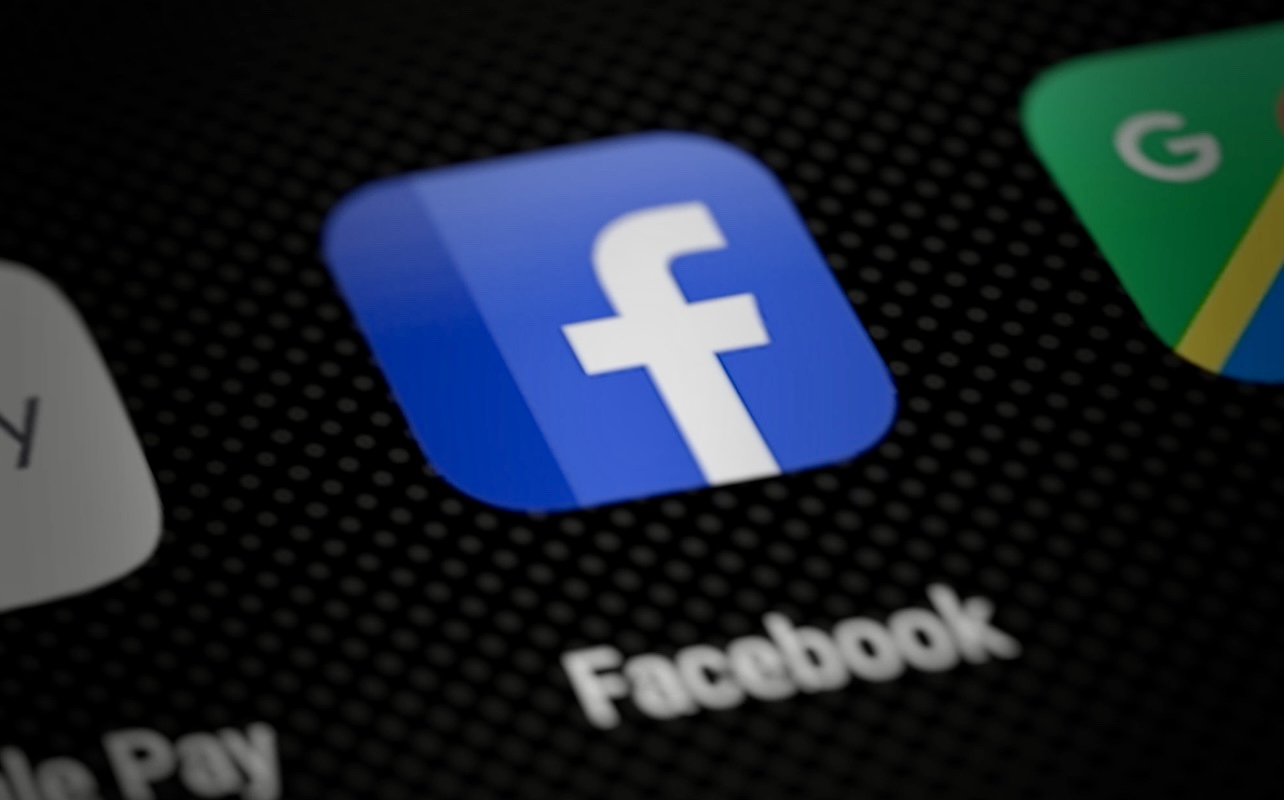Business
Now That Diddy is Out at Revolt, Here Are The Surprising New Black Owners

Recently Revolt revealed new leadership since Sean “Diddy” Combs—who founded the media and television company—stepped down and sold his majority stake. Try guessing who will take over.
The company’s current employees are set to become the biggest shareholder group of Revolt.
CEO Detavio Samuels explained the change in a statement. “We are stepping into the most revolutionary chapter yet for Revolt. When I joined in 2020, I quickly realized two things: Our mission is bigger than any individual, and we are the largest engine for transformative change that just so happens to be a media company,” Samuels said.
He continued:
“Over the past four years, this engine has created countless opportunities to build wealth for our community and empower creators and entrepreneurs globally, which includes our reinvestment of $50 million annually into the Black community, funding Black entrepreneurs with no exchange of equity, and ensuring creators have upside participation in the content IP we co-create…We are most proud of the transformation that our teams will experience as they shift from being employees to owners of the business they are helping to build. Black culture is global culture, and REVOLT’s superpower is being the home for creators that move culture globally, allowing us to build the most powerful storytelling engine for Black voices.”
Under the new structure, Revolt will stay Black-owned (around 80% of the staff are people of color). Combs left the company in November 2023 following a damning lawsuit from his former girlfriend Casandra “Cassie” Ventura. Ventura stated that Combs sexually and physically abused her throughout the course of their relationship.
Business
Ozy Media went from buzzy to belly-up. Its founder, Carlos Watson, is now on trial

For nearly a decade, Ozy Media projected an image of new-media success.
The company boasted big-name interviews, an Emmy-winning TV show, a buzzy music and ideas festival and impressive numbers to show prospective investors — until it imploded in 2021 amid doubts about its audience size, viability and basic integrity.
Those doubts are now at the center of a federal criminal trial. Founder Carlos Watson and Ozy are fighting charges of conspiracy to commit fraud.
Even after numerous other public and court reckonings for Silicon Valley companies that went from ballyhooed to belly-up, it’s hard to forget the moment in Ozy’s downfall when co-founder Samir Rao impersonated a YouTube executive to talk up the company to prospective investors.
Watson’s and Ozy’s lawyers blame any misrepresentations solely on Rao, who has pleaded guilty to conspiracy to commit fraud and to identity theft. The defense also has claimed that prosecutors are casting commonplace entrepreneurial puffery as a crime and singling out Watson, a Black founder in a tech world where African American executives have been disproportionately few.
“I am not now and never have been a ‘con man,’” he declared when indicted last year.
Prosecutors and Rao, their star witness, say Ozy shredded the line between hopeful hype and bald-faced deceit.
“We told so many lies to so many different people,” Rao testified after recounting how a teetering company concocted rosy financials in a desperate bid to lure investors and stay in busine
To read this article in its entirety, visit The Associated Press
Business
Study reveals racial bias in Facebook ads for education opportunities
A 2024 research paper curated by a team of university researchers suggests that Facebook’s advertising algorithm has unevenly targeted Black users with ads for for-profit colleges.

A 2024 research paper suggests that Facebook’s advertising algorithm has unevenly targeted Black users with ads for for-profit colleges.
Meta, the current parent company to both Facebook and Instagram, did not share why billions of users might see certain posts that were not seen by others. However, a group of academic professionals from Princeton and the University of Southern California took matters into their own hands, The Intercept reported.
The group purchased ads from Facebook and tracked their performance among real Facebook users, revealing “evidence of racial discrimination in Meta’s algorithmic delivery of ads for education opportunities, posing legal and ethical concerns.”
For-profit colleges like DeVry and Grand Canyon University were the targets of the study, especially since both schools have been listed among those fined or sued by the Department of Education for advertising trickery.
According to researchers, for-profit colleges have had a “long, demonstrable history of deceiving prospective students,” homing in on students of color through the use of predatory marketing “while delivering lackluster educational outcomes and diminished job prospects” in comparison to other educational institutions.
The group purchased sets of two ads paired together to conduct the study. Therefore, one campaign would be for a public institution like Colorado State University, and the other would focus on a for-profit company such as Strayer University, both of which the report claims were not involved in this project.
To read this art in its entirety, visit Black Enterprise.
Business
How Uncle Nearest Founder Fawn Weaver Built A Billion-Dollar Whiskey Business
Our newsroom loves a good story, and Forbes did a great job profiling Uncle Nearest whiskey and it’s founder, Fawn Weaver.
-

 International4 months ago
International4 months agoForced to rebuild a life at 12, a Haitian girl joins thousands seeking an escape from gang violence
-

 Opinion4 months ago
Opinion4 months agoUnlike Other Badly Behaved Black Celebrities, Diddy’s Shot at Redemption Is Nearly Impossible
-

 The Culture3 months ago
The Culture3 months agoChicago teen who entered college at 10 earns doctorate at 17
-

 Business3 months ago
Business3 months agoHow Uncle Nearest Founder Fawn Weaver Built A Billion-Dollar Whiskey Business
-

 Entertainment4 months ago
Entertainment4 months agoBiggie’s Mom, Voletta Wallace, wants to ‘slap the daylights out of Sean Combs’
-

 Politics3 months ago
Politics3 months agoJudge Aileen Cannon rips up court schedule in Mar-a-Lago case in ways that benefit Trump
-

 Entertainment3 months ago
Entertainment3 months agoTrial in the fatal daytime ambush of rapper Young Dolph reset to September
-

 Crime3 months ago
Crime3 months agoBus passengers frantically texted loved ones as gunman hijacked an Atlanta commuter bus during rush hour






